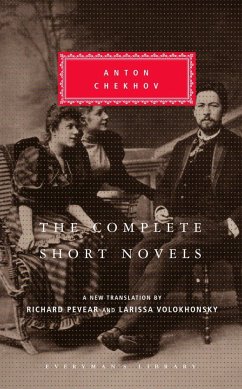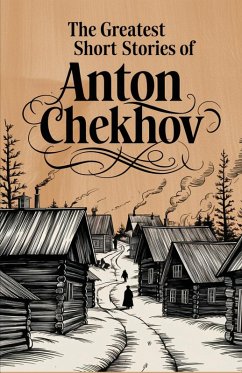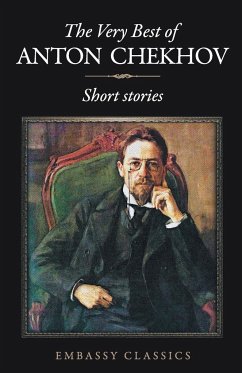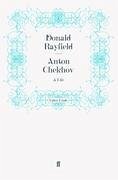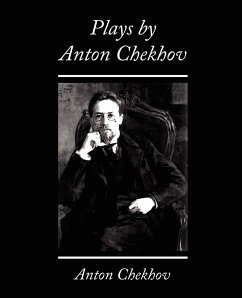
The Personal Papers of Anton Chekhov
His Notebook Diary and Letters on Writing
Versandkostenfrei!
Versandfertig in 1-2 Wochen
24,99 €
inkl. MwSt.

PAYBACK Punkte
12 °P sammeln!
The present volume makes available the inimitable Notebook of Anton Chekhov as well as those passages from Chekhov's correspondence that reveal his innermost beliefs as a writer and a man. His lively opinions on the theatre, on stories and novels, on literary figures like Zola, Tolstoy and Gorky, the clinical detachment of Chekhov the physician always tempered by the tender concern and involvement of the artist with his people and his times, make this a lasting and universal testament. From early reviews of the Notebook of Anton Chekhov, included in this collection: "It is extraordinary how in...
The present volume makes available the inimitable Notebook of Anton Chekhov as well as those passages from Chekhov's correspondence that reveal his innermost beliefs as a writer and a man. His lively opinions on the theatre, on stories and novels, on literary figures like Zola, Tolstoy and Gorky, the clinical detachment of Chekhov the physician always tempered by the tender concern and involvement of the artist with his people and his times, make this a lasting and universal testament. From early reviews of the Notebook of Anton Chekhov, included in this collection: "It is extraordinary how interesting these notes on human nature are... The charm of this book is that the reader has the sensation of perfectly intimate, easy intercourse with Chekhov himself. While that intercourse lasts the reader himself feels observant, gentle, disillusioned, humorous and wise." - New Statesman "The years covered by the Notebook are from 1892 to 1904, the year of Chekhov's death. The notes ranging from random jottings for plays and novels to passages of profound meditation on life and death were made for works which Chekhov intended to write. They show his methods of artistic production. The fact that he re-copied most of this material into a special copy book that shows the significance which he attached to it." - Boston Transcript "The whole is a document interesting to writers and to anyone curious about human nature... Chekhov is not a writer who sees life steadily and sees it whole; watching him at work in his kitchen we become aware that he has his favorite ingredients; they are spread out before us uncooked, undisguised with sauces." - London Times "Affords us a very well-rounded interpretation of Chekhov." - Kenneth Burke, New York Times





